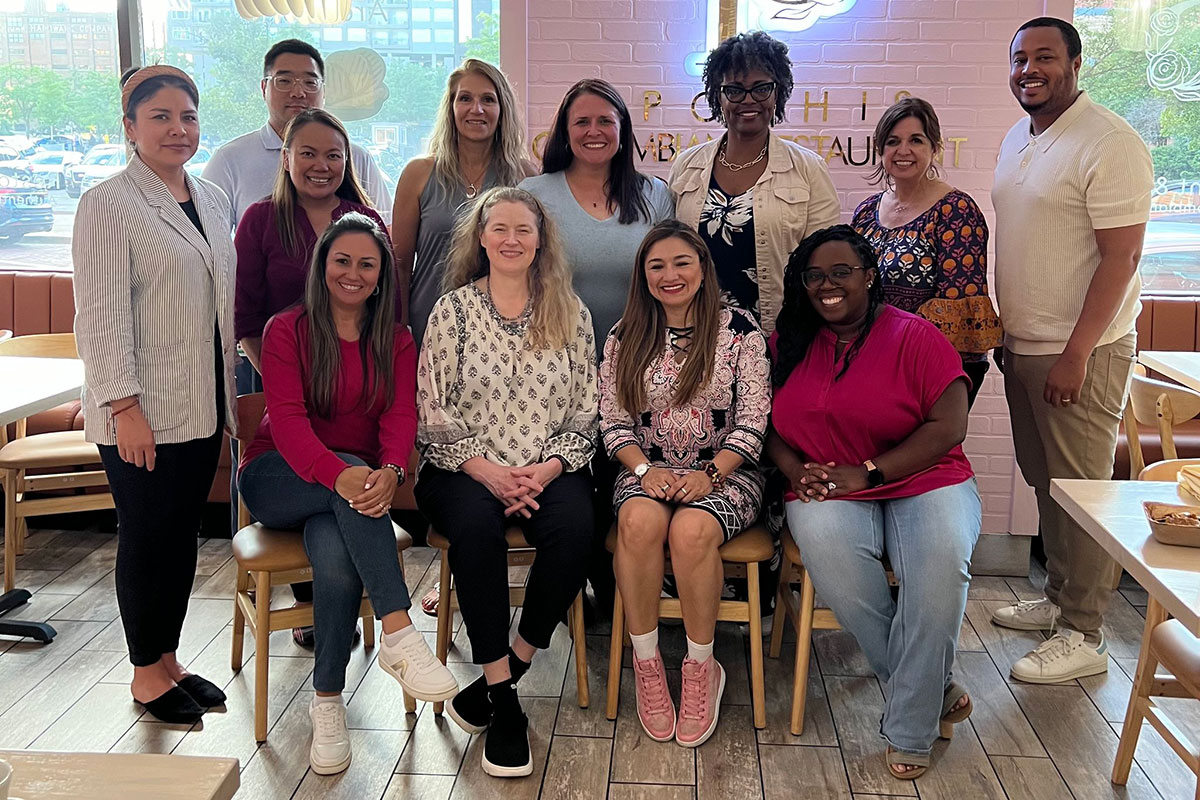By: David Fikes, Executive Director, FMI Foundation
 On June 29, 2023, the U.S. Supreme Court held that Harvard College and the University of North Carolina (“UNC”) violated the Fourteenth Amendment of the U.S. Constitution and Title VI of the Civil Rights Act of 1964 (“Title VI”) by impermissibly using race in their undergraduate admissions processes. By holding that race based affirmative action programs in college admissions processes violate the Equal Protection Clause, the U. S. Supreme court effectively ended Affirmative Action in Higher Education and eroded 40 years of precedent.
On June 29, 2023, the U.S. Supreme Court held that Harvard College and the University of North Carolina (“UNC”) violated the Fourteenth Amendment of the U.S. Constitution and Title VI of the Civil Rights Act of 1964 (“Title VI”) by impermissibly using race in their undergraduate admissions processes. By holding that race based affirmative action programs in college admissions processes violate the Equal Protection Clause, the U. S. Supreme court effectively ended Affirmative Action in Higher Education and eroded 40 years of precedent.
Not unexpectedly, the Supreme Court’s landmark decision has had an impact beyond academic circles. It has brought an additional layer of scrutiny regarding companies’ diversity programs and caused private sector employers to question whether and how the opinion affects their commitments to diversity, equity, and inclusion (DEI) efforts. While it remains to be seen how deeply the Supreme Court decision will influence challenges to DEI efforts in the private sector, the food industry should be aware that it is not immune to scrutiny.
FMI’s Diversity, Equity, and Inclusion Committee joined with FMI’s Supplier Diversity Committee in hosting George Ingham, a Partner at Hogan Lovells, in an exploration of the legal and social consequences of the SCOTUS Affirmative Action decision.
Mr. Ingham detailed that although the most recent ruling on Students for Fair Admissions touched on DEI issues, it doesn’t address laws or standards specifically dealing with workplace DEI programs. This decision made clear that eligibility criteria that exclude or even provide distinct advantages to individuals based upon race or other protected characteristics are unlawful. As DEI proponents and stewards, we must remain mindful that programs, quotas, and standards put in place that impose diversity or identity-based requirements for applicants can be subject to legal review.
Mr. Ingham also empowered DEIB practitioners to be cautious about how a company defines “diverse” or “underrepresented” populations for organizational DEIB programs. He encouraged HR professionals and owners alike to be proactive in developing DEI communication strategies in consultation with their legal counsels. With recent rulings in mind and the ripple effects that will impact permissible workplace activity, Ingham encouraged the need for further training among DEIB professionals and business leaders, as this new approach reframes many workplace standards and practices.
Ingham detailed a variety of high points that food industry leaders need not worry about in this climate:
- Preparing outreach to minority or underrepresented workers is fair game.
- Utilizing inclusive language is still actively promoted and encouraged.
- Promoting employee benefits that would be appealing to underrepresented groups, such as paid parental leave or flexible work policies, is still value-add for all; and
- Maintaining employee-led affinity or employee resource groups helps attract and retain diverse workers.
If you would like a complimentary recording of this conversation with George Ingham, feel free to request this from the FMI Foundation by clicking the button below.


 Industry Topics address your specific area of expertise with resources, reports, events and more.
Industry Topics address your specific area of expertise with resources, reports, events and more.
 Our Research covers consumer behavior and retail operation benchmarks so you can make informed business decisions.
Our Research covers consumer behavior and retail operation benchmarks so you can make informed business decisions.
 Events and Education including online and in-person help you advance your food retail career.
Events and Education including online and in-person help you advance your food retail career.
 Food Safety training, resources and guidance that help you create a company food safety culture.
Food Safety training, resources and guidance that help you create a company food safety culture.
 Government Affairs work — federal and state — on the latest food industry policy, regulatory and legislative issues.
Government Affairs work — federal and state — on the latest food industry policy, regulatory and legislative issues.
 Get Involved. From industry awards to newsletters and committees, these resources help you take advantage of your membership.
Get Involved. From industry awards to newsletters and committees, these resources help you take advantage of your membership.
 Best practices, guidance documents, infographics, signage and more for the food industry on the COVID-19 pandemic.
Best practices, guidance documents, infographics, signage and more for the food industry on the COVID-19 pandemic.
